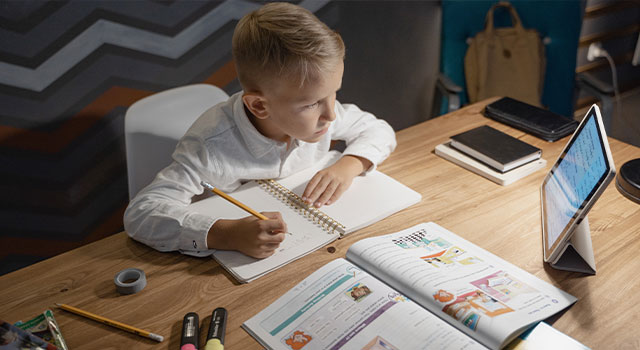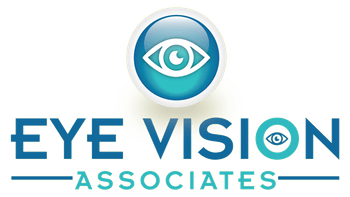 Several months into the COVID-19 pandemic eye doctors began to notice that children’s myopia was worsening. Researchers set out to learn whether there was, in fact, a link between the pandemic and increased myopia progression, and if so, why.
Several months into the COVID-19 pandemic eye doctors began to notice that children’s myopia was worsening. Researchers set out to learn whether there was, in fact, a link between the pandemic and increased myopia progression, and if so, why.
How The Pandemic Affected Children’s Vision
A recent study published in JAMA Ophthalmology (2021) found that children aged 6 to 13 experienced an increased rate of myopia progression since the beginning of the pandemic, and the lockdowns and restrictions that accompanied it.
The researchers examined the rate of myopia progression from 2015 to 2020 in more than 120,000 children from 10 elementary schools, based on school vision screenings. By the end of the study, children were shown to have significantly higher rates of myopia progression in 2020 than in previous years.
The higher rate of progression was especially severe in children between the ages of 6 and 8. Researchers theorized that the children’s earlier stage of visual development might have been the crucial factor.
Other studies have already determined that children who spend at least 2 hours a day outdoors experience less myopia progression than their peers who stay mostly indoors.
Researchers from the National Eye Institute found that children who spent significant time outdoors — about 14 hours a week — significantly reduced their chances of needing glasses for myopia. Among children with two myopic parents, the chances of needing glasses are roughly 60% if they don’t spend significant time outdoors. However, this study found that, after spending the prescribed 14 hours per week outside, the same children’s risk of myopia dropped to around 20%.
Similar results appear in a study published by the journal of the American Academy of Ophthalmology (February 2019), that shows a significant link between the amount of time children spend engaged in near-work tasks and increased myopia progression.
Taken together, these studies give us a clearer picture of the challenges children have faced during the COVID-19 pandemic, and why myopia rates in children have soared.
What Can Parents Learn From All Of This?
Parents should make an effort to encourage their children to go outside as often as possible and to spend more time away from screens and other near-work tasks. Moreover, progressive myopia in childhood has been linked to heightened risks of developing sight-robbing eye diseases later in life, such as glaucoma, macular degeneration and cataracts.
If you’re concerned about your child's myopia, make an appointment with their eye doctor as soon as possible, as delays in seeking professional advice can make myopia management more challenging in the future.
Our practice offers myopia management to patients from Nesconset, Ronkonkoma, Lake Grove, and Centereach & Hauppauge, New York and surrounding communities.
References:
https://pubmed.ncbi.nlm.nih.gov/33443542/
https://www.aaojournal.org/article/S0161-6420(17)33464-4/fulltext
